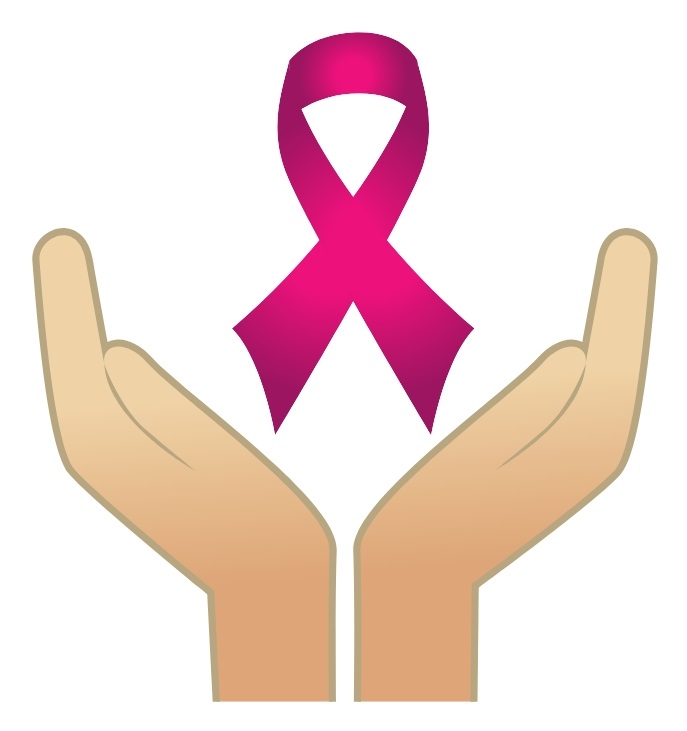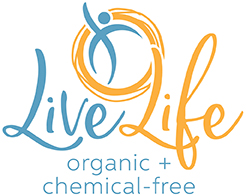
Get this: “About 85% of breast cancers occur in women who have no family history of breast cancer.”
That means anyone is a candidate.
While self examinations, such as Serena Williams and the I Touch Myself Project promotes are critical to early detection of breast cancer, prevention is also critical.
Over 102 chemicals in our everyday products have been linked to breast cancer.
Personal care products are among the common causes.
We’ll discuss the types of products linked to breast cancer and ways to reduce your risk of illness.
Types of personal care products linked to breast cancer
Personal care products are often made of chemicals that cause hormone disruption such as increased estrogen levels. Increases in estrogen have been linked to breast (and other types of) cancer.
Other health effects from chemicals in personal care products include infertility and birth defects.
Examples of personal care products linked to breast cancer include:
- Perfume, cologne, body spray
- Lotions
- Lipstick and cosmetics
- Shampoo and conditioners
- Shaving cream
These products soak into our skin and off-gas chemicals that we breathe day and night.
How to reduce your breast cancer risk
- Choose non-fragrance products. One fragrance can be made of 100 or more chemicals. Skip the fragrance products, and have peace of mind knowing that dozens to hundreds of chemicals have been left out.
- Reduce use of cosmetics. We are beautiful humans, complete with imperfections that make us even more beautiful. Embrace your natural beauty by reducing the amount and frequency of cosmetics. Better yet, skip cosmetics altogether and let the true you shine!
- MadeSafe Certified products. Tap into MadeSafe’s list of personal care products, cosmetics, and feminine care products that are certified to be nontoxic. MadeSafe certification is a “comprehensive human health-focused certification.”
- EWG’s Skin Deep database. Evaluation of nearly 75,000 personal care products ranging from perfume oils, soaps, shampoos, toothpastes, deodorants and more can be found here. The Environmental Working Group (EWG) uses the power of information to protect human health and the environment.
Final Thoughts
With 85% of breast cancer being non-hereditary, we’re all candidates for cancer. Personal care products with harmful chemicals are one of the common causes. Take steps to reduce your breast cancer risk by following the four suggestions in this article.
Want more ways to prevent cancer by creating an organic, chemical-free life?
Check out Organic Lifestyle Made Easy: How to create a chemical-free household one step at a time.
Subscribe to our weekly newsletter for more ways to life life – organic and chemical free!
